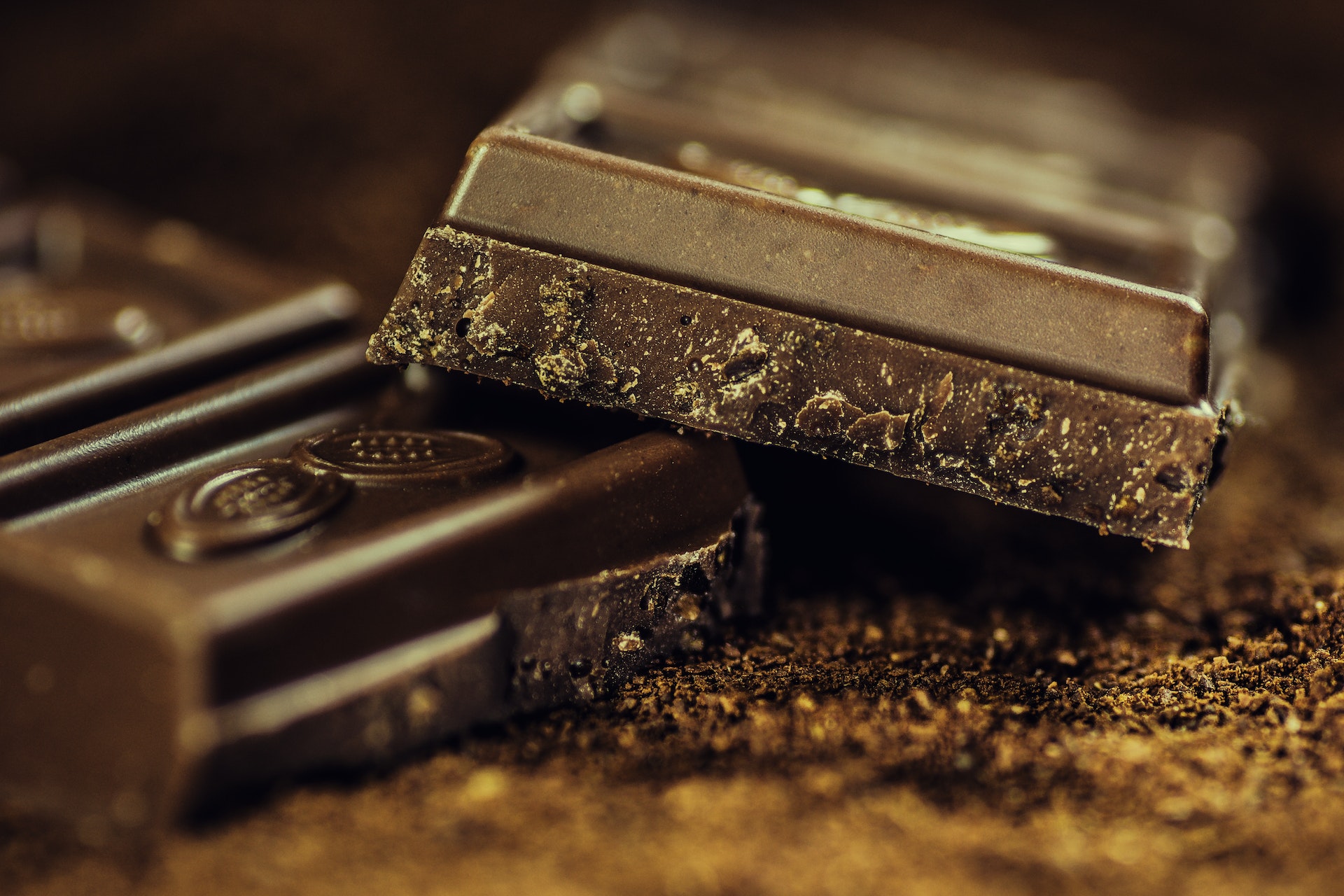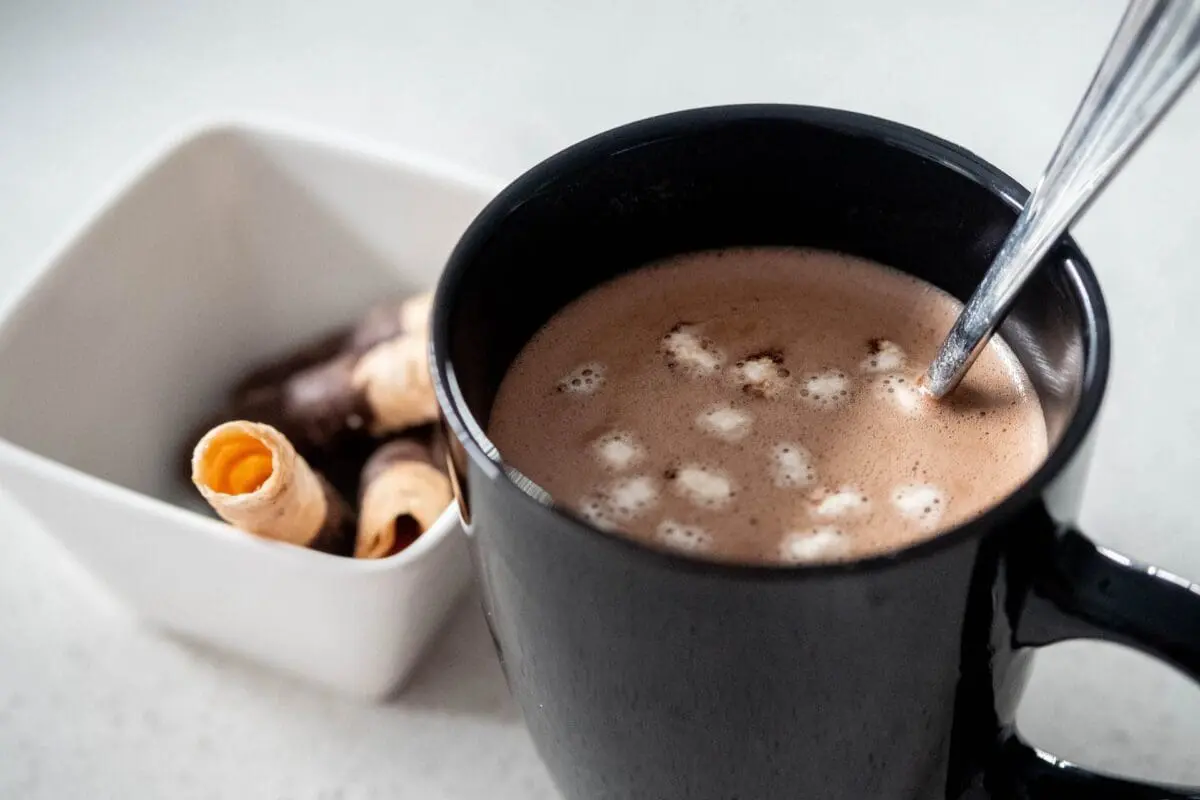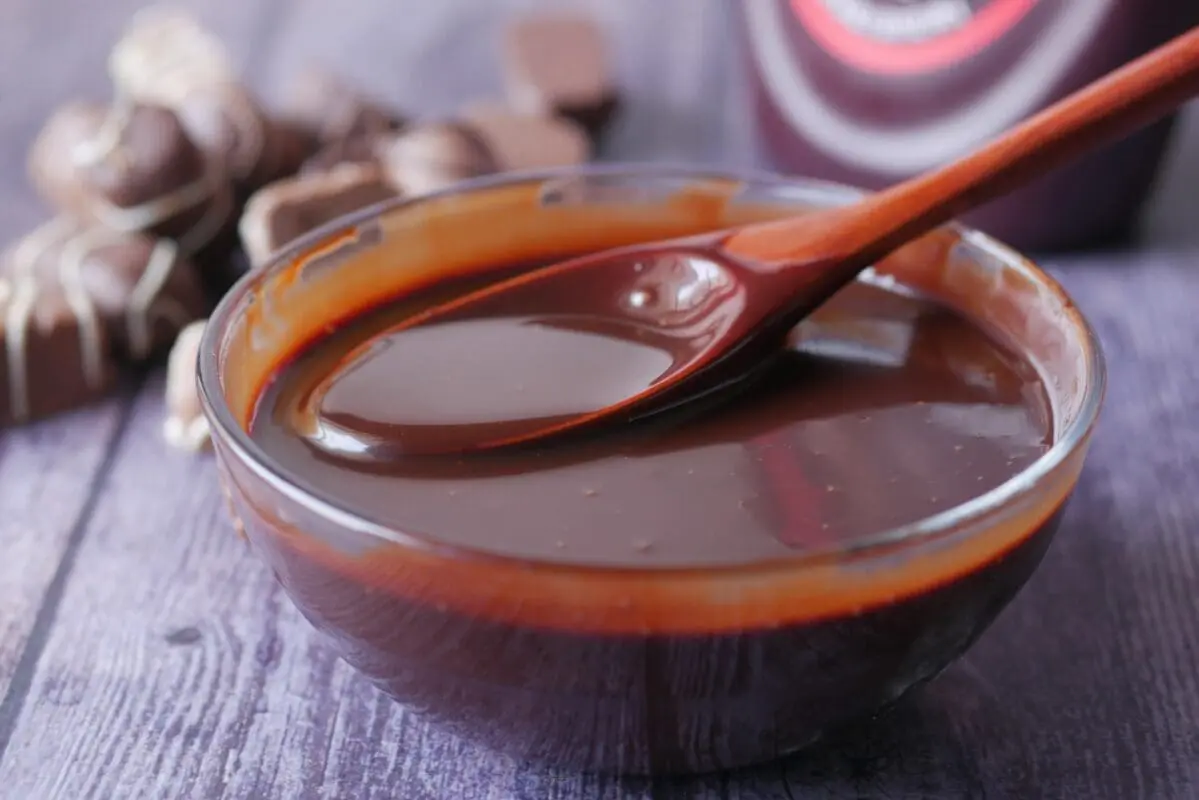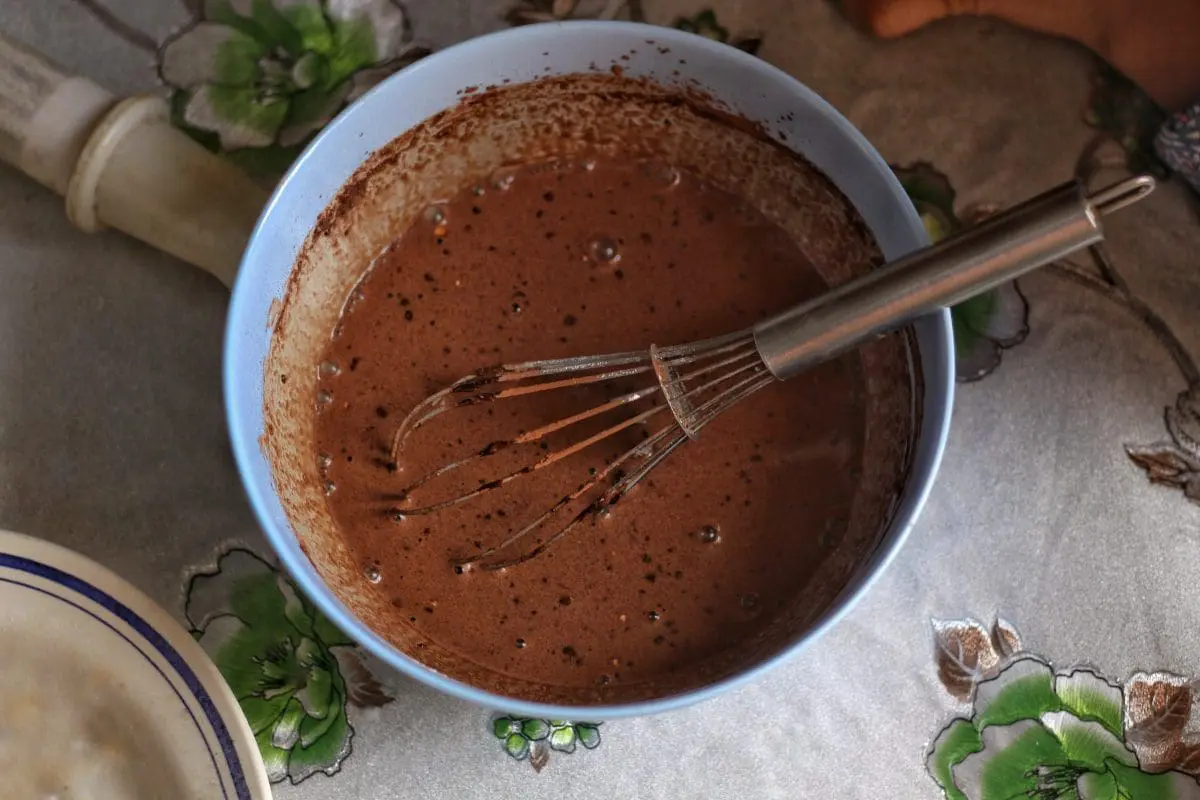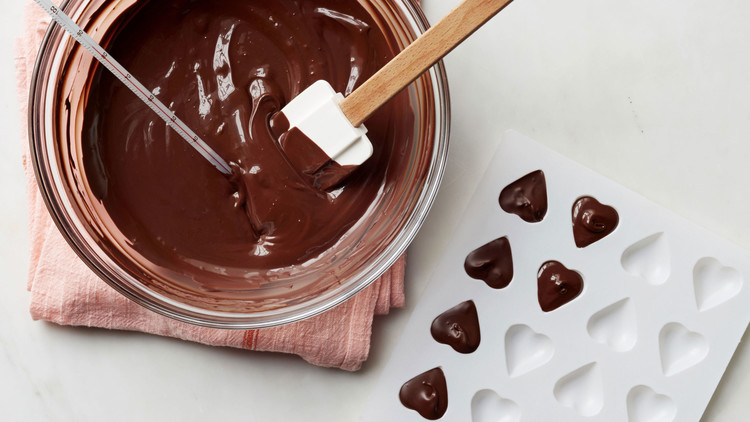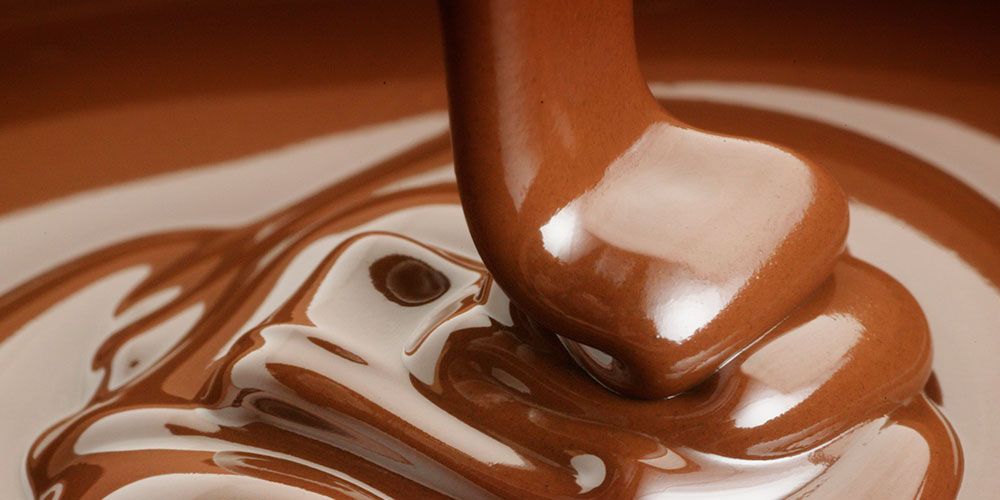Introduction: Chocolate and Mood
Chocolate has long been associated with feelings of joy, indulgence, and even romance. But is there any truth behind the notion that chocolate can actually make you happier? In this blog post, we’ll delve into the fascinating relationship between chocolate and mood. We’ll explore the science, anecdotal evidence, and potential mechanisms behind the claim that chocolate has mood-enhancing properties. So, grab a piece of your favourite chocolate and let’s find out if it can truly put a smile on your face.
The Power of Chocolate: Science Meets Emotions
It’s no secret that eating chocolate can create pleasurable sensations and evoke positive emotions. But is there a scientific explanation for this phenomenon? Researchers believe that several factors contribute to the mood-enhancing effects of chocolate.
Serotonin, a neurotransmitter that plays a crucial role in mood regulation, is often associated with feelings of happiness and contentment. Chocolate contains tryptophan, an amino acid that is a precursor to serotonin production. While the amount of tryptophan in chocolate is relatively low compared to other food sources, some studies suggest that it may have a subtle positive impact on mood.
One study published in the journal “Nutrients” in 2019 explored the effects of chocolate on mood and cognition. The researchers found that consuming chocolate led to increased subjective measures of calmness and contentment. While the study did not directly measure serotonin levels, the authors hypothesized that the presence of tryptophan in chocolate could potentially contribute to these mood improvements. However, more research is needed to fully understand the relationship between chocolate, tryptophan, and serotonin.
Another study published in the “Journal of Psychopharmacology” in 2013 investigated the effects of dark chocolate consumption on mood and cognition. The researchers found that participants who consumed dark chocolate high in cocoa content experienced significant improvements in subjective mood measures related to calmness and contentment. Again, although the study did not measure serotonin levels, the presence of tryptophan in dark chocolate was suggested as a potential mechanism for these mood-enhancing effects.
It’s important to note that while chocolate contains tryptophan, the overall impact on serotonin production may be limited. Tryptophan needs to compete with other amino acids for entry into the brain, and its absorption and conversion into serotonin can be influenced by various factors, including other components in chocolate and an individual’s unique physiology.
Furthermore, the mood-enhancing effects of chocolate extend beyond tryptophan and serotonin. The pleasure and emotional association linked to consuming chocolate can trigger the release of endorphins, which are neurotransmitters associated with feelings of happiness and well-being. Additionally, the bioactive compounds found in dark chocolate, such as flavonoids and antioxidants, may have beneficial effects on mood and cognitive function. These compounds have been studied for their potential to improve blood flow, reduce inflammation, and enhance brain health, all of which can indirectly contribute to a positive mood state.
References:
- Pase, M. P., Scholey, A. B., Pipingas, A., Kras, M., Nolidin, K., Gibbs, A., & Wesnes, K. (2013). Cocoa polyphenols enhance positive mood states but not cognitive performance: a randomized, placebo-controlled trial. Journal of Psychopharmacology, 27(5), 451-458.
- Scholey, A., Owen, L., & Finnegan, Y. (2009). The effects of chocolate on cognitive function and mood.
1. Chemical Composition and Endorphins
Chocolate contains various compounds that can influence brain chemistry. One such compound is phenylethylamine (PEA), which stimulates the release of endorphins in the brain. Endorphins are known as “feel-good” chemicals that contribute to a sense of happiness and well-being. However, the levels of PEA in chocolate are relatively low, and its effects on mood are still not fully understood.
2. Serotonin and Mood Regulation
Serotonin, a neurotransmitter that plays a crucial role in mood regulation, is often associated with feelings of happiness and contentment. Chocolate contains tryptophan, an amino acid that is a precursor to serotonin production. While the amount of tryptophan in chocolate is minimal, some studies suggest that it may have a subtle positive impact on mood.
3. Pleasure and Emotional Association
The act of consuming chocolate is often associated with pleasure and indulgence. Our brains form positive emotional associations with certain foods, and chocolate is no exception. The anticipation, taste, and texture of chocolate can trigger feelings of enjoyment and happiness, leading to an overall positive mood.

The Role of Dark Chocolate
When it comes to mood-enhancing properties, dark chocolate often takes the spotlight. Unlike milk chocolate, which typically contains higher amounts of sugar and milk solids, dark chocolate has a higher percentage of cocoa solids. This higher cocoa content means that more of the potentially mood-boosting compounds are present, including flavonoids and antioxidants.
Flavonoids are a group of bioactive compounds found naturally in cocoa beans and other plant-based foods. They are known for their antioxidant properties and have been associated with various health benefits, including potential positive effects on mood and cognitive function. Dark chocolate, with its higher cocoa content, tends to contain higher levels of flavonoids compared to milk chocolate.
Research suggests that the flavonoids in dark chocolate may have mood-enhancing effects. A study published in the “Journal of Psychopharmacology” in 2013 investigated the effects of dark chocolate consumption on mood and cognition. The researchers found that participants who consumed dark chocolate high in cocoa content experienced improvements in subjective mood measures related to calmness and contentment. While the specific mechanisms behind these mood improvements were not fully elucidated, the presence of flavonoids in dark chocolate was proposed as a potential contributor.
Antioxidants, another group of compounds found in dark chocolate, play a crucial role in protecting cells from oxidative stress and damage. Oxidative stress is associated with various health conditions, including those that can impact mood and cognitive function. By consuming dark chocolate, which is rich in antioxidants, individuals may potentially support overall brain health and indirectly contribute to positive mood states.
It’s important to note that while some studies suggest positive effects of dark chocolate on mood and cognitive function, the research is still evolving, and the exact mechanisms of action are not fully understood. Factors such as individual differences, dosage, and the specific composition of dark chocolate can influence the outcomes.
When choosing dark chocolate for its potential mood-enhancing properties, opt for varieties with a higher percentage of cocoa solids, preferably above 70%. This ensures a higher concentration of the bioactive compounds, such as flavonoids and antioxidants, that may contribute to positive mood effects.
While dark chocolate may have some potential mood-enhancing properties, it’s important to consume it in moderation and as part of a balanced diet. Dark chocolate is still a calorie-dense food, and excessive consumption may lead to weight gain or other negative health effects. It’s always best to consult with a healthcare professional or a registered dietitian for personalised advice on incorporating dark chocolate into your diet.

Mindful Chocolate Consumption
While chocolate may have some mood-enhancing properties, it’s important to approach it mindfully and in moderation. Overindulging in chocolate or relying solely on it to improve mood is not a sustainable or healthy approach. Instead, consider these tips for incorporating chocolate into a balanced lifestyle:
1. Choose Quality Dark Chocolate:
Opt for dark chocolate with a cocoa content of 70% or higher to maximise the potential mood-boosting benefits.
2. Practice Portion Control
Enjoy chocolate in moderate portions to savour the taste and experience without going overboard.
3. Mindful Eating
Take the time to fully engage your senses while eating chocolate. Pay attention to its texture, flavour, and aroma, and savour each bite mindfully.
4. Combine with Healthy Habits
Remember that overall well-being is a result of a balanced lifestyle. Incorporate regular exercise, a nutritious diet, quality sleep, and stress management techniques to support your overall mood and happiness.
Conclusion: Can Chocolate Really Make You Happier?
Can chocolate really make you happier? While chocolate’s ability to make you happier may not be entirely scientifically proven, it undeniably brings joy to many people. The pleasurable experience of indulging in chocolate and its potential mood-enhancing compounds create a compelling connection. So, the next time you enjoy a piece of chocolate, embrace the moment, relish the taste, and let the sheer delight it brings lift your spirits. Remember, happiness is a complex interplay of various factors, and chocolate can simply be a delightful part of the equation.

